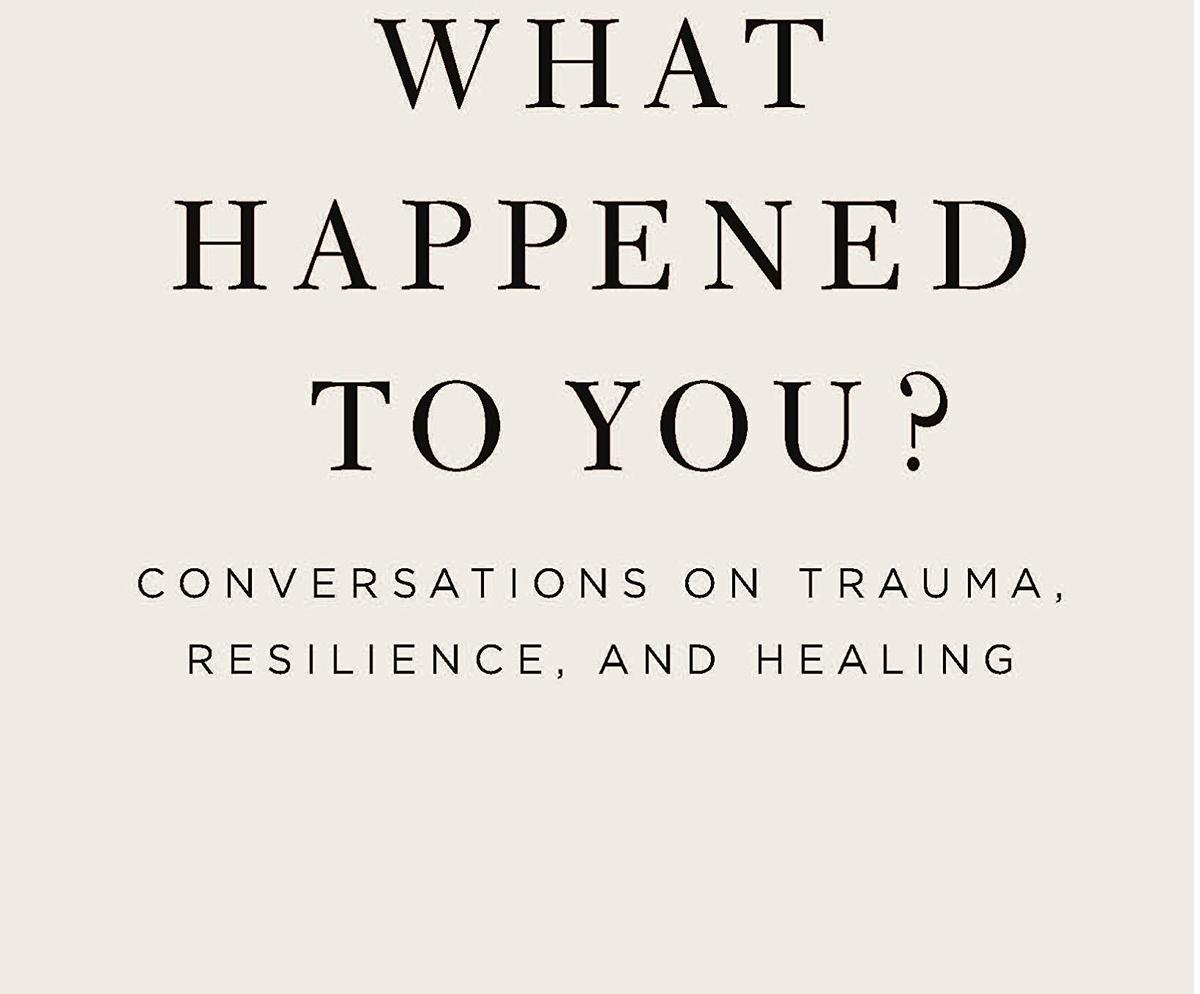Trauma isn’t just something that happened, it changes our brains and our bodies.
Bruce Perry is a psychiatrist and trauma specialist. He has worked with trauma for over 40 years and has worked with thousands of trauma survivors. In his book What Happened to You? : Conversations on Trauma, Recovery, and Healing, he shares his knowledge and experiences, as well as his insights on trauma and healing.
Perry argues that trauma is not just what happens, but the way it affects our brains and bodies. Trauma changes the way we process information, and it affects the way we experience emotional and physical pain. It also affects how we relate to others.
But Perry also believed trauma was healable. Through therapy and support, we can learn to cope with trauma and begin to live healthy and fulfilling lives.
In the book, Perry explores the impact of trauma on the brain and body, and how to recover from it. He also offers a variety of treatments including Cognitive Behavioral Therapy, Eye Movement Desensitization Reprocessing (EMDR) and Body Sensing Therapy.
“What happened to you? is an important book on trauma. It provides a comprehensive understanding of trauma and offers hope that you can recover from it even if you have experienced it.
Here are some key themes from the book:
How trauma affects the brain and body How to recover from trauma Trauma treatment Trauma prevention
how to recover from trauma
If you have ever experienced trauma, you may have felt isolated, helpless, and overwhelmed. You may feel like you can’t handle it, or you may feel like you’ll never recover.
But remember, you are not alone. Many people experience trauma at some point, and there are many resources to help you recover from it.
Here are some tips for recovering from trauma:
Seek professional help: Treatments such as cognitive behavioral therapy (CBT) and eye movement desensitization reprocessing (EMDR) can help you process trauma and begin healing. Talk about your experience with a trusted friend or family member: Sharing your experience can help you feel less stressed and feel more supported. Take care of your body: Make sure you get enough sleep, eat healthy food and exercise. Do things that make you feel happy and relaxed: These activities can help you manage stress and start healing. Give yourself time: Healing from trauma takes time. Don’t expect too much from yourself and give yourself time to heal.
If you’re struggling to recover from trauma, don’t be afraid to ask for help. There are many resources to help you, and you don’t have to go through it all alone.
2023-07-23 13:16:28
#happened #Conversations #Trauma #Recovery #Healing #MustReads #Heal #Trauma #Checkered #vocus

